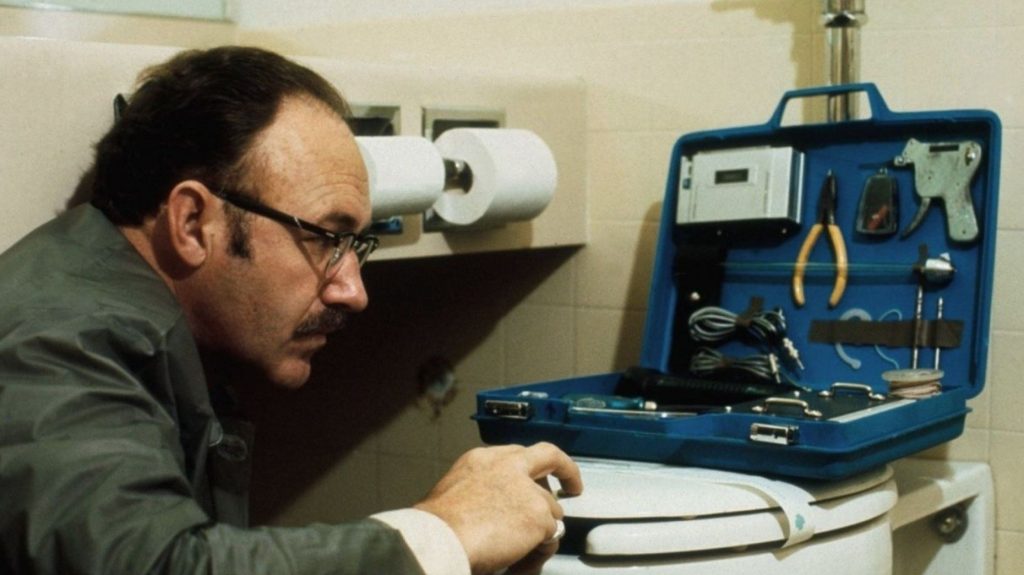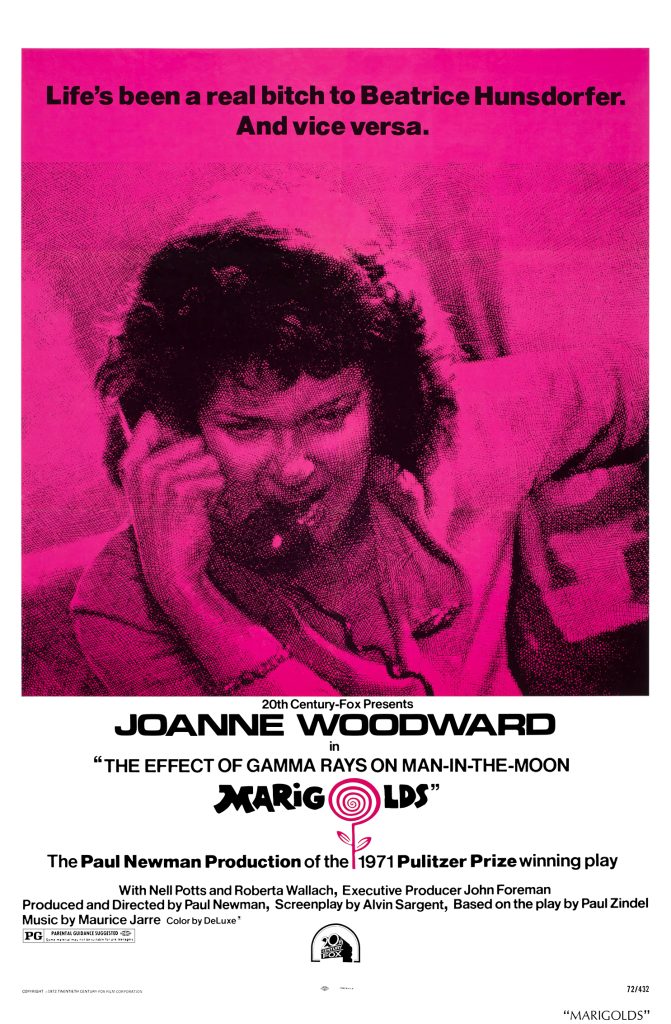“Shakespeare in Love” (1998): The Worst Best Picture in Modern History – Film Review

The Unlikely Victor of 1998
When “Shakespeare in Love” debuted in 1998, directed by John Madden and penned by Marc Norman and Tom Stoppard, it presented a playful, romanticized vision of William Shakespeare as a young playwright in the throes of writer’s block and passionate love. This film, blending historical fiction with romantic comedy, went on to achieve an upset at the 71st Academy Awards, snagging the Best Picture Oscar from under the noses of what many considered more deserving nominees. This victory has since been a subject of heated debate, with the film frequently cited alongside the 2004 winner “Crash” as among the most contentious Best Picture winners in recent decades.
Behind the Curtain: Production and Polish
“Shakespeare in Love” was a cinematic endeavor marked by its lush production values and a star-studded cast led by Joseph Fiennes as Shakespeare and Gwyneth Paltrow as his muse, Viola. The film’s production detail, from the elaborate costumes to the intricate sets, aimed to immerse viewers in the Elizabethan era, albeit through a highly stylized lens. Its screenplay, celebrated for its wit and intertextual references to Shakespeare’s works, cleverly wove historical figures and events with fictionalized elements, creating a tapestry rich with humor and drama.
Despite these achievements, the film’s production was not without its controversies. Rumors of aggressive Oscar campaigning by the Weinstein Company, coupled with debates over the screenplay’s historical liberties, painted a complex picture of its path to Oscar glory. These elements, while perhaps not detracting from the craftsmanship of the film, add a layer of skepticism to its reception and subsequent legacy.
A Romance Too Convenient
At its core, “Shakespeare in Love” posits a tantalizing what-if scenario: What if Shakespeare’s greatest works were inspired by a forbidden romance? While this premise offers a delightful escapade into the world of the Bard, it also simplifies the complexities of literary genius into a neatly packaged love story. The film, for all its clever dialogue and scenic design, often leans into the tropes of romantic comedy, reducing the towering figure of Shakespeare to a lovesick playwright.
This simplification extends to its portrayal of Elizabethan England, which, despite its visual accuracy in costume and set design, glosses over the era’s social and political complexities in favor of a light-hearted narrative. The result is a film that feels more like a modern rom-com dressed in period garb than a nuanced exploration of Shakespeare’s life and times.
The Oscar Upset: A Reflection on Academy Tastes
“Shakespeare in Love”‘s victory over Steven Spielberg’s “Saving Private Ryan,” a film heralded for its raw portrayal of war and its technical innovation, remains one of the most surprising moments in Oscar history. This upset is often cited as evidence of the Academy’s susceptibility to charm and whimsy over substance and innovation. While “Saving Private Ryan” offered a visceral, groundbreaking cinematic experience, “Shakespeare in Love” provided a lighter, more accessible narrative, its win highlighting the Academy’s occasional preference for feel-good storytelling over more challenging fare.
The film’s success at the Oscars, including wins in seven categories, speaks to the unpredictable nature of Academy voting and the influence of external factors such as campaign strategies. It also underscores a broader conversation about what constitutes “best” in cinema, with “Shakespeare in Love” serving as a case study in how films are evaluated and remembered in the context of award season.
Revisiting the Legacy
In the years since its release, “Shakespeare in Love” has maintained a place in the cultural lexicon, celebrated by some for its charm and cleverness while criticized by others for its perceived shallowness. Its critical reevaluation parallels that of “Crash,” another Best Picture winner often cited for not aging well in the eyes of critics and audiences alike. The ongoing debate around “Shakespeare in Love” reflects broader discussions about the role of historical fiction in cinema, the value of Oscars as indicators of artistic merit, and the dynamics of award campaigns.
As viewers and critics continue to dissect the merits and flaws of “Shakespeare in Love,” its place in Oscar history remains a testament to the complexities of cinematic storytelling and the subjective nature of artistic accolades. The film, with its blend of romance, drama, and literary homage, stands as a reminder of the Academy’s unpredictable tastes, inviting ongoing dialogue about the criteria for cinematic greatness and the legacy of those films crowned as the year’s best.




